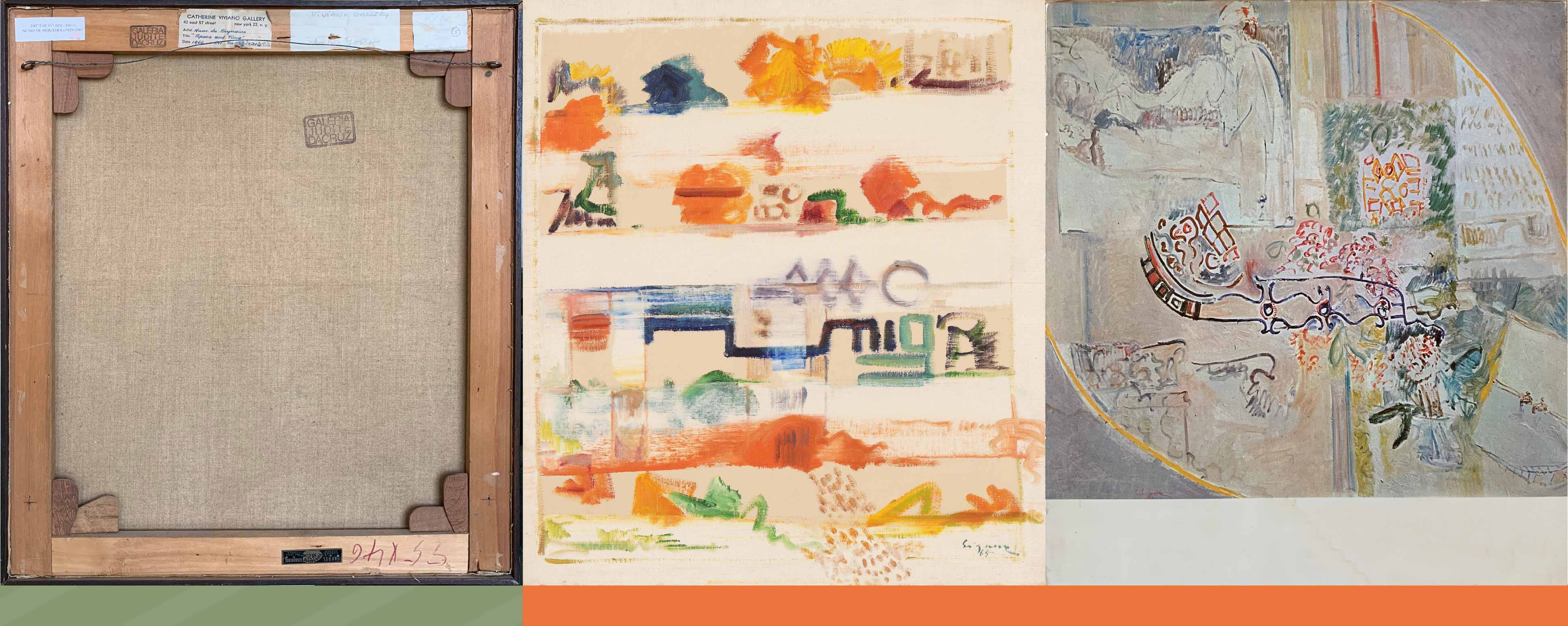
CFP | 11TH INTERNATIONAL COLLOQUIUM "ART COLLECTIONS IN PORTUGAL AND BRAZIL IN THE 19TH AND 20TH CENTURIES | PROVENANCE: HISTORIES OF THE OWNERSHIP OF WORKS OF ART"
Abstracts until 31 May, 2024
The 11th International Colloquium "Art Collections in Portugal and Brazil in the 19th and 20th Centuries" is dedicated to the theme of provenance, i.e. the history of the ownership of works of art. Like the previous events, this colloquium is promoted by ARTIS, the Art History Institute of the School of Arts and Humanities of the University of Lisbon, and by the Postgraduate Programme in Visual Arts of the School of Fine Arts of the Federal University of Rio de Janeiro, and supported by the Ajuda National Palace.
Stemming from the French term provenir, "to come from", the provenance of a work of art is a record of its life path or travel history, from its creation until the present - that is, of the history of its origin and ownership.
Today, determining the provenance of a work of art is a main museological concern and an essential task for contemporary art historians. The research on a work's provenance can be crucial to determine its authorship or to establish its authenticity. It is also important to ascertain that all legal and ethical norms have been observed when a work of art is acquired, in order to prevent possible thefts, illicit sales or unlawful incorporations. During wars and armed conflicts or under colonial domination, many works and artefacts were looted or illegally taken from individuals, communities and local cultures, and have since been the object of restitution and repatriation processes.
Retracing the history of the ownership of works of art entails archival research involving many different sources, such as wills, inventory records, correspondence, contracts and sales receipts or catalogues from collections, exhibitions and auctions, among others.
Apart from the archival records, each work or artefact is itself an important document, which must be analysed in detail. It is worth examining, in particular, its materials and technical features, as well as distinctive elements like inscriptions, coats of arms, stamps or labels that might provide indications as to the identity of the owners or relevant market agents: galleries, auction houses, etc. This process can be difficult and yield incomplete information, as collectors and art markets are often secretive and obscure. This field of study is therefore very demanding, but a no less vital part of the art historian's and the museologist's job.
The organization calls for the submission of paper proposals concerning provenance and related topics. To participate, please send an abstract with no more than 300 words, a title and 3 to 5 keywords, along with a 200-word biographical note on the author(s), until 31 May 2024, to: Organizing Committee of the 11th International Colloquium "Art Collections in Portugal and Brazil in the 19th and 20th Centuries - Provenance: Histories of the Ownership of Works of Art" (artis@letras.ulisboa.pt).
If the abstract is approved, the author commits to presenting the paper and submitting the full version of the text for publication in the volume to come out of the colloquium.
Important dates:
Abstract submission: until 31 May 2024
Publication of results: until 17 June 2024
Full paper submission: until 15 September 2024
Presentation of the paper at the colloquium: 13, 14 and 15 November 2024
Publication of the volume to come out of the colloquium: 13 November 2024
Organizers: Maria João Neto [ARTIS - Art History Institute (FLUL)] and Marize Malta [EBA-UFRJ]
[ Call for papers ]
Back








